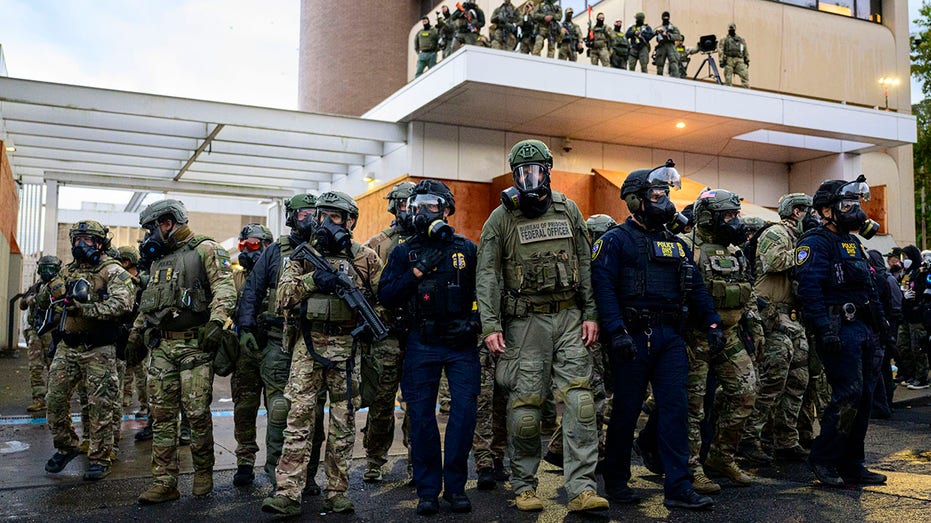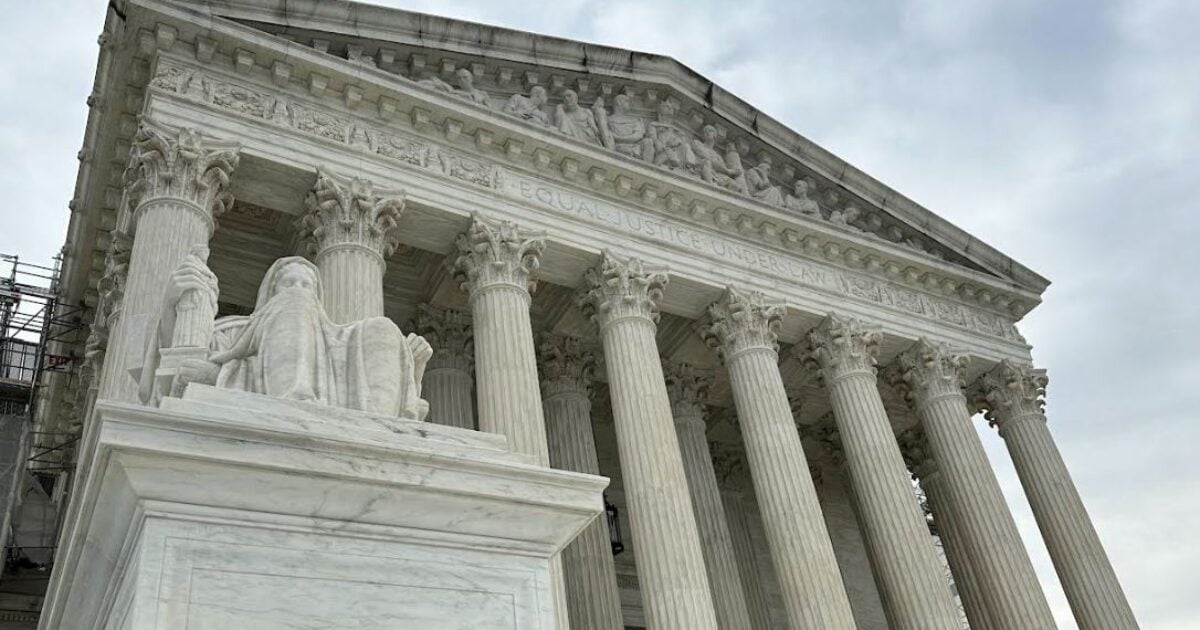A decisive legal battle culminated Friday with a federal judge declaring the Trump administration’s attempt to send National Guard troops to Portland, Oregon, unconstitutional. The ruling effectively halts a controversial move that sparked concerns about federal overreach and states’ rights.
The case centered on a deployment authorized by Secretary of Defense Pete Hegseth, involving National Guard members from Oregon, Texas, and California. The administration argued the troops were necessary to safeguard federal personnel and property amidst ongoing protests.
Judge Karin Immergut, a Trump appointee herself, initially issued a temporary block on the deployment, questioning the justification provided by the government. This initial order, extended Sunday, signaled a serious challenge to the administration’s authority.
The heart of the dispute lay in whether the protests at the U.S. Immigration and Customs Enforcement building in Portland constituted a rebellion or a credible threat of one, requiring military intervention under federal law. Immergut’s 106-page ruling answered with a resounding no.
The judge found compelling evidence that the deployment bypassed Oregon’s governor and lacked a request from federal officials directly responsible for protecting the ICE building. This demonstrated, she argued, an overstep of presidential authority.
Immergut emphasized that the President failed to demonstrate a situation where civilian law enforcement couldn’t adequately handle the protests, a crucial requirement for invoking the power to federalize the National Guard. Deference to the President’s judgment, she stated, couldn’t overcome this fundamental flaw.
The ruling explicitly cited a violation of the 10th Amendment, which reserves powers not explicitly granted to the federal government to the states. This constitutional principle formed the bedrock of the legal challenge brought by the city of Portland and the state of Oregon.
The legal action was initiated in September after approximately 200 troops were dispatched to Portland. The administration now faces the possibility of an appeal, potentially escalating the legal conflict further.
This decision mirrors a similar temporary injunction currently in place in Chicago, where a judge has also blocked the administration from deploying troops, suggesting a broader pattern of legal resistance to this federal strategy.






